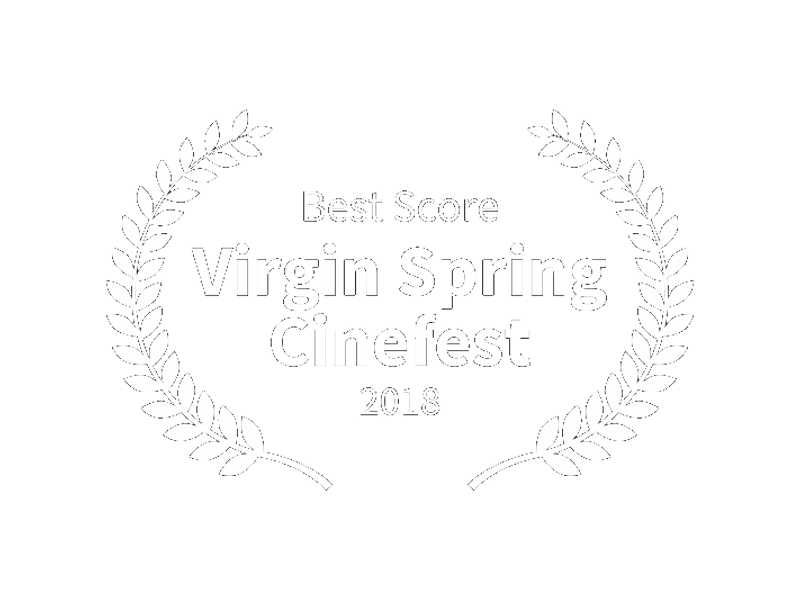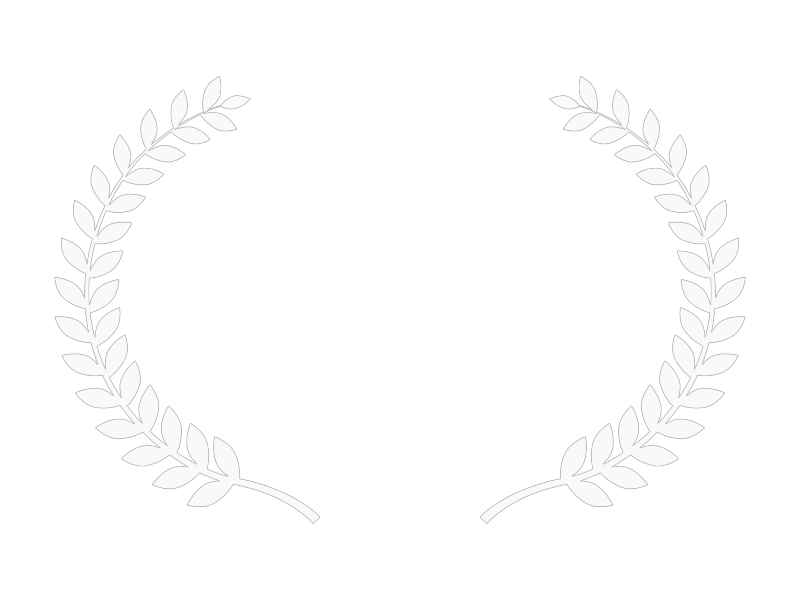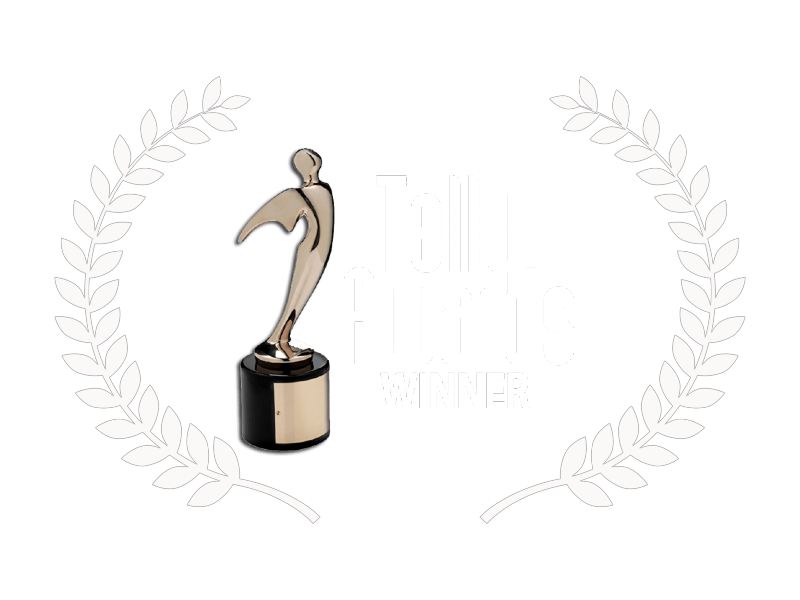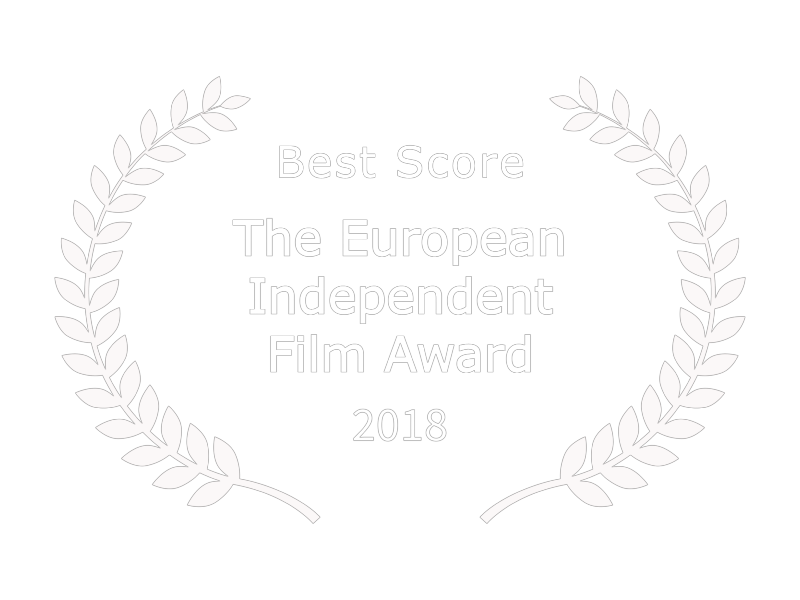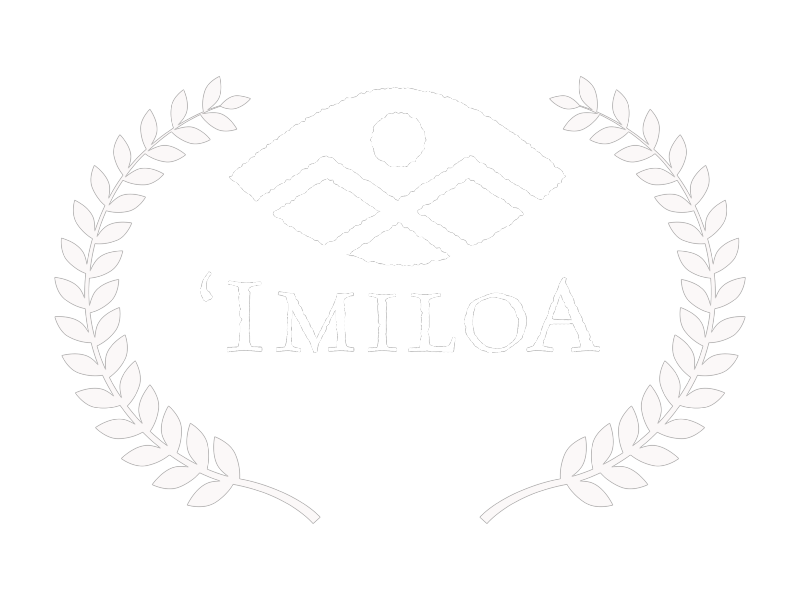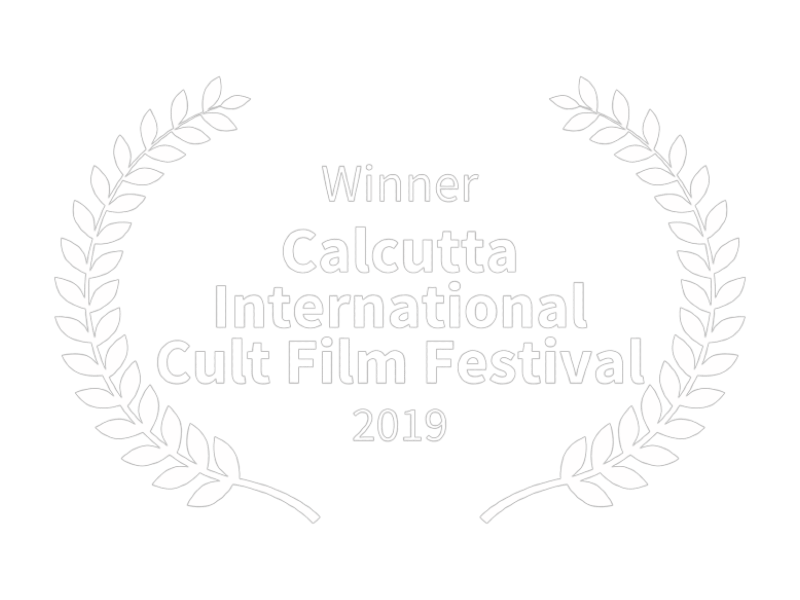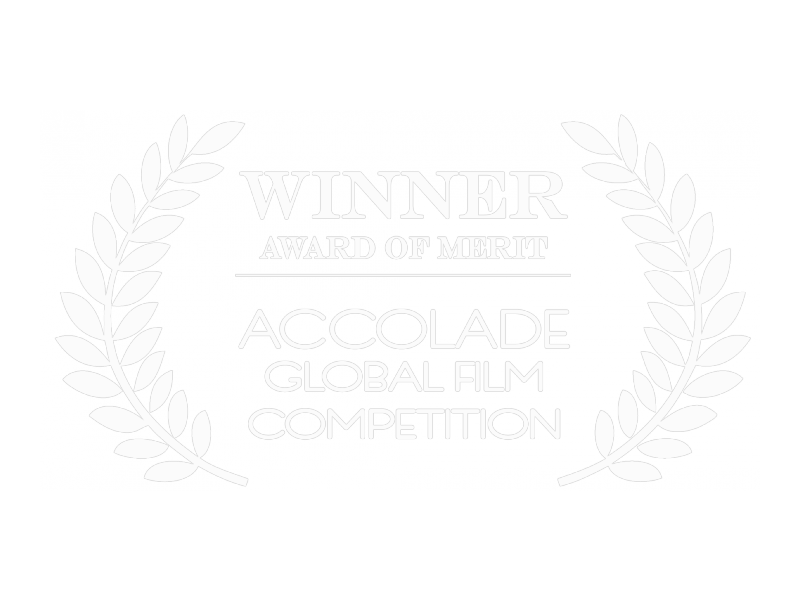Film scoring and music has been a profound privilege for me. It has taken me from the countryside in England to perform and record in Oxford, London, Prague, Budapest, Los Angeles, Hawaii, Tokyo, Denmark, Germany, and Belgium I’ve collaborated with amazing musicians, and talented directors; I’ve recorded in famous studios, and worked with outstanding audio engineers and mixers. I’m proud but humble that the projects I’ve worked on have often been the vanguard of award-winning innovations in film-making, entertainment, and education, such as interactive multimedia websites, 4K digital with the first Red camera, themed entertainment, virtual reality, and the most played planetarium show in the world.
“I’ve been so fortunate to have this chance to work in the magical world of cinema with the amazing sounds of a symphony orchestra.”
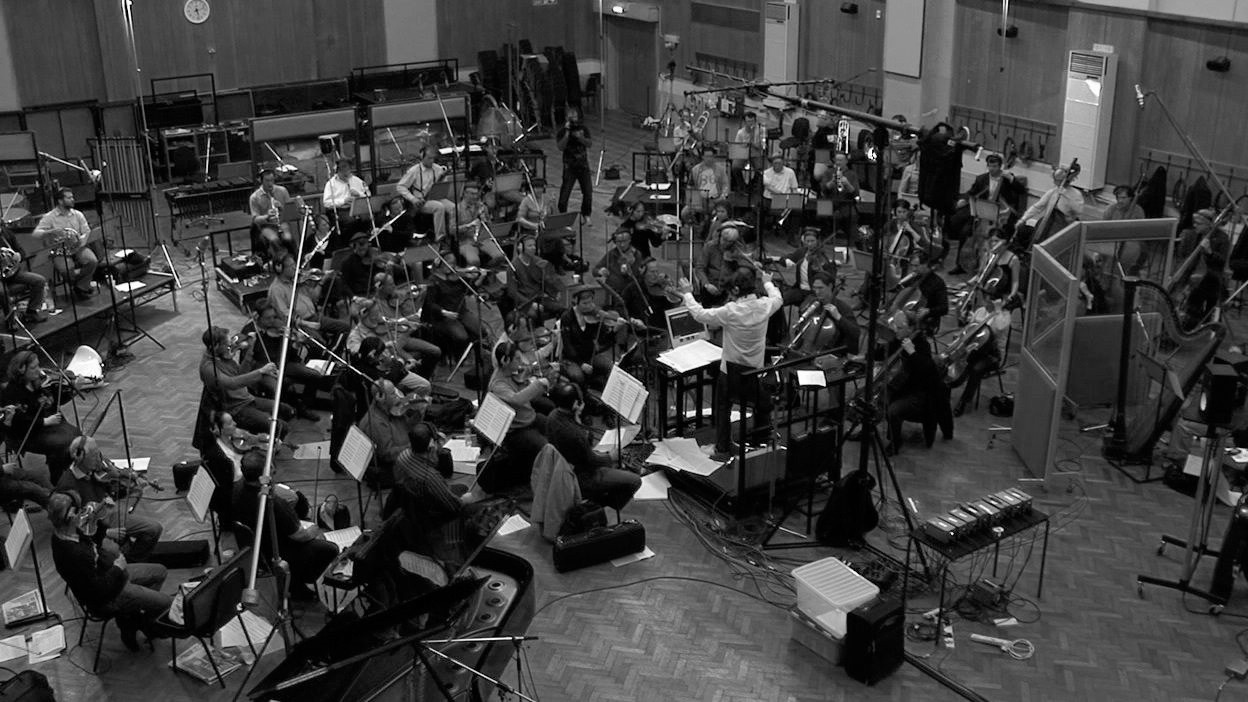
Early Influences
Music appreciation is an innate ability of a human being due to the amazing evolution of our ears. What was primarily a survival tool has also inspired humans with sounds and patterns that give pleasure and meaning. Humans took the lead from the soundscape of the natural world and fashioned tools and instruments to create their own patterns, and at some point beyond the rudimentary grunts, bangs, and tones, experimentation and functional application became Art.
I believe music and sound began to be used to support story telling from at least the time when humans created sophisticated cave drawings. Although we often listen to music without other external stimuli, it is never in isolation from a deterministic collection of experiences and memories that we collect throughout our lives. Whether we attach music to a feeling, an image, or a memory, it is this interplay between producer and receiver that I think we can compare to all other forms of communication. We interpret according to the level of our experience and knowledge.
“I’ve always believed in the power of music to tell stories, to uplift, to inspire. It’s an intricate dance of notes and melodies that communicates deeper, more complex emotions. And above all, it’s a universal language we all can connect with.”
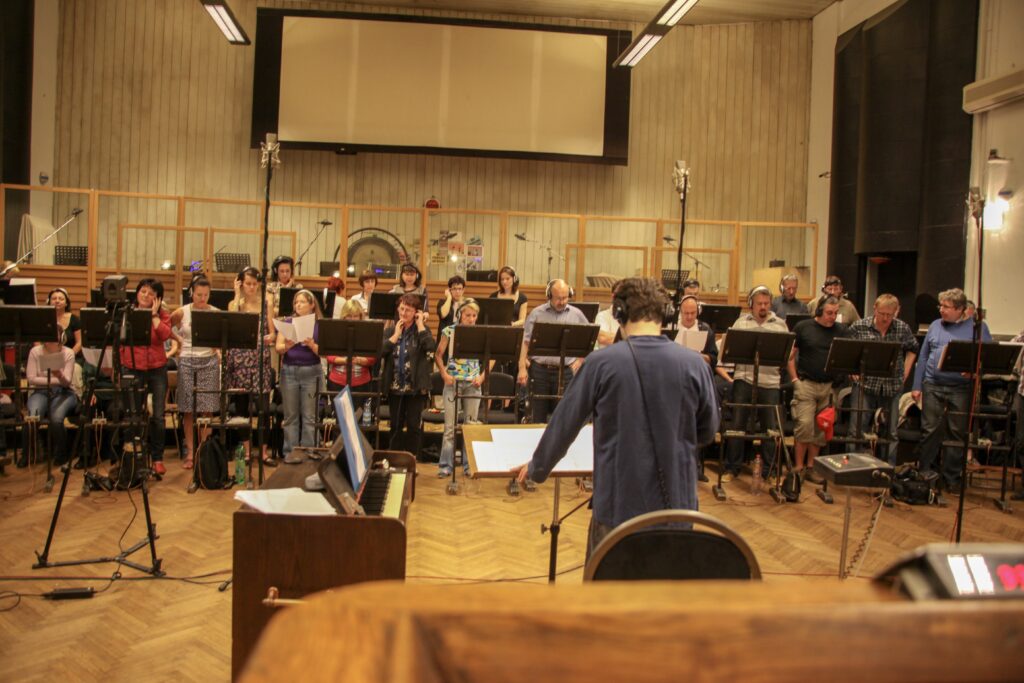
Mastering the Craft: An Education in Film Scoring
My parents and many people in my family were deeply involved in making music and responding to it. So I was introduced to many of the conventions and formats of music found in European culture. I took ballet lessons, violoncello and piano lessons, had access to a grand piano, took roles in musical theatre, attended and performed in concerts and recitals, went to the opera, saw musicals, watched television, listened to the radio, and had a large collection of 33rpm records (still do) and a windup gramophone with 78s.
I earned a music scholarship and a place at the prestigious Christ Church Cathedral Choir, Oxford, where I sang as a chorister for five years and had the privilege to sing 3 hours a day under the guidance of Simon Preston and Francis Grier.
The experiences and insights I gained at Oxford quietly began to shape my musical ideology, giving me a deeper understanding of rhythm, harmony, and melody, but above all a professional outlook on musicianship and performance. One of the recordings we made during my time there, Handel’s Messiah, with Christopher Hogwood and the Academy of Ancient Music, is still considered a groundbreaking interpretation of the famous oratorio, according to a critical Gramophone review in 2015, some 37 years later.
I continued my studies in cello, piano, organ, and singing, adding music theory to my lessons. My father, a conductor, professor of music, and musical director gave me opportunities to play in pit orchestras and other concerts. I supplemented my studies with Science, Engineering, and Law, and in 1998, I attended the London College of Music and completed a Master’s degree in Film Scoring and Music Composition, diving deep into orchestration, arranging, music production technology and contemporary music genres.
After LCM, I continued to expand my knowledge and skills, scoring short film projects, writing incidental music for theatre, and concert pieces for orchestra. As time went on the projects became more challenging and notable. I got the opportunity to collaborate with other experienced musicians, from the London Symphony Orchestra to grass-roots music of East Los Angeles.
Bringing Stories to Life: Cinematic Soundtracks
TV theme tunes and commercials brought into focus for me how music could be a doorway into the hearts and minds of other humans with deterministic results. Here music was being deliberately utilized to add context, depth and emotional resonance to a particular story. The thing that caught my attention was how the larger formats and conventions of music I already knew well were being stripped down to their essentials. This is the craft of film-scoring, where a composer uses music to make a point within the confines of a few seconds, synchronized to a moving picture.
As I studied this application of music, I realized that this composer must be well-versed in the musical conventions that many people relate to. Popular composers and songwriters are a feedback product of the culture they communicate with. Stories and messages crafted for millions of eyes and ears must connect with what millions already understand from their experience of music. The popular is rarely strange and new. This was a mystery that resonated with my study of science and the law where we try to understand and define the deterministic rules that govern and define the universe. This field of enquiry has led to many psychological revelations about how people react to music and the basis by which they determine their taste and assessment of what is good.
Notable Film and Television Contributions
My journey into the sphere of film scoring and television began with jingles and theme tunes. I learned through imitation. From a simple website, I started to get requests to compose. I have been more fortunate than many by having the chance to compose for projects ranging from commercials for ground breaking new products to internationally significant world events. I have often found myself composing for media that itself is innovative, such as one of the first interactive flash-based websites, themed entertainment and 360 Virtual Reality. A striking example of this is Tokyo Origami (created by COSM), an 8-part series specifically crafted for users of the META Oculus VR headset.
Here are a few of my favorite projects to date:
- Tokyo Origami (2020)
- Dinosaurs at Dusk (2013)
- Natural Selection (2011)
- 400 Years of the Telescope (2009)
- Seduction by Light (2007)
- Flatland (2006)
Each of these projects have required me to adapt to the specific needs of a film or show, creating a unique sonic identity that leaves an indelible mark on viewers.
Acknowledging the Team: Awards and Accolades
As an important part of the team creating the overall feel of the projects and their critical reception, I’ve had my share of awards and accolades over the years. Some of these have specifically singled out the contributions of music.
| Year | Award | Project |
|---|---|---|
| 2008 | Best Music | Seduction by Light |
| 2009 | Telly Award | 400 Years of the Telescope |
| 2012 | Best Audio | Natural Selection |
| 2018 | Best Score | Saved by Grace |
Music is a potent art form. It has the power to evoke feelings and emotions like nothing else. Mark Slater has harnessed this power and used it masterfully in the service of storytelling. – Robin Sip, Mirage3D
Laurels from Festivals and Award-Giving Organizations

Anyway, if you’ve got this far on the page, if you like what you’ve read please support me by subscribing to my social media, and if you didn’t, thank you for reading. If you’re interested you can read more of my thoughts on how composers work their magic, transforming sounds into powerful stories.


